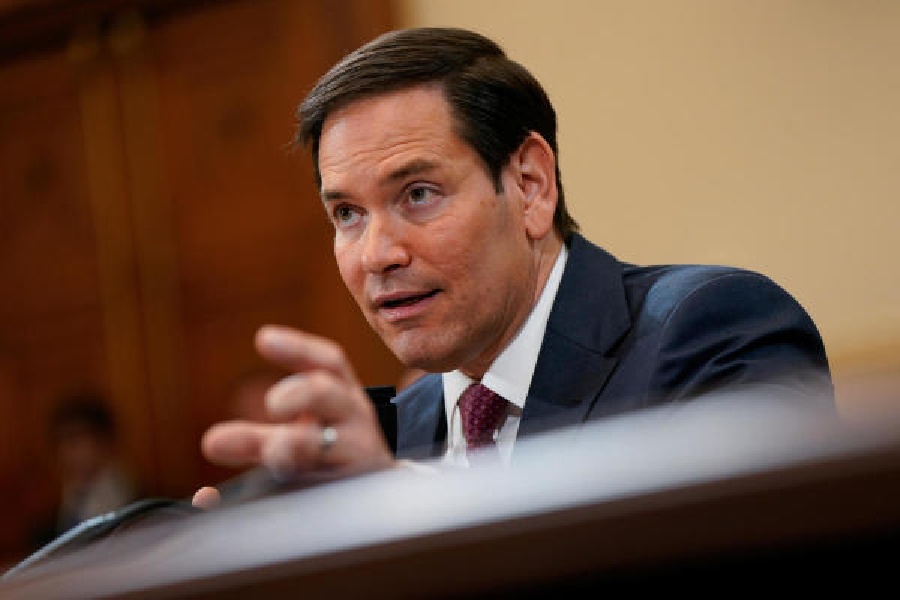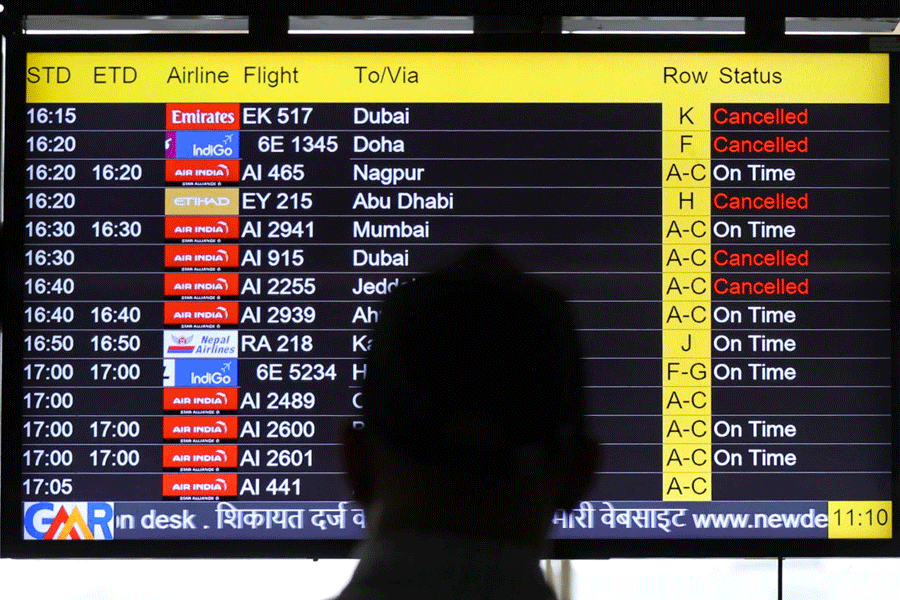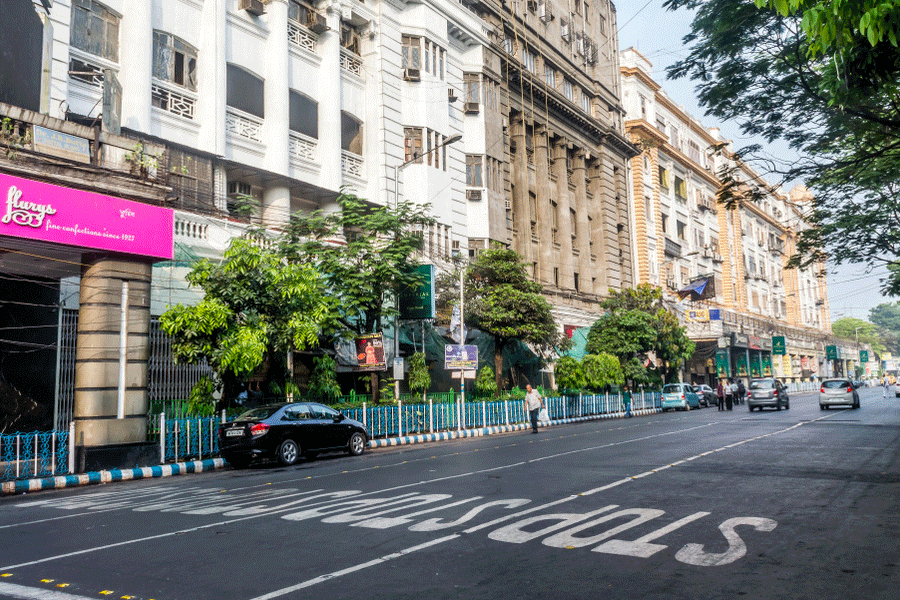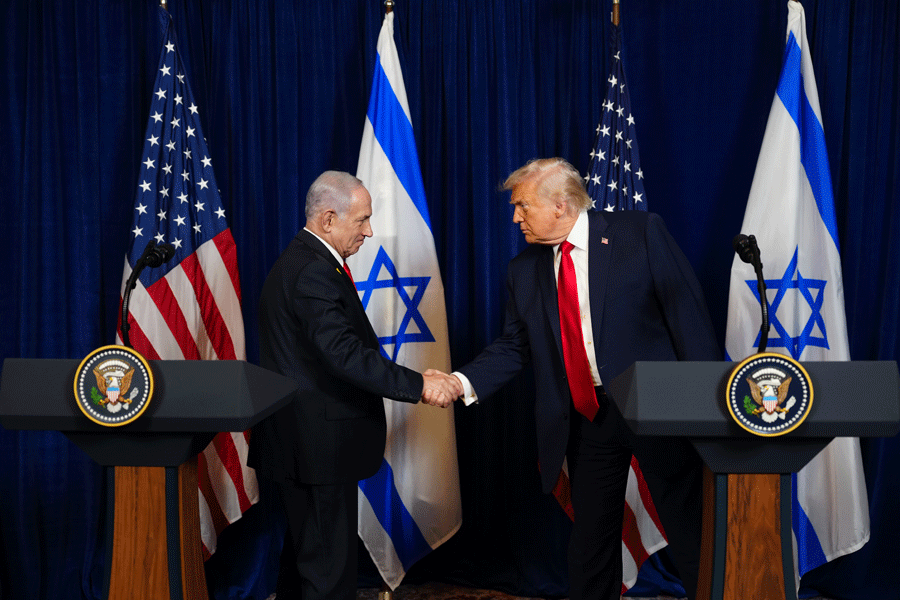Secretary of state Marco Rubio announced on Wednesday evening that the Trump administration would work to “aggressively revoke” visas of Chinese students, including those with ties to the Chinese Communist Party or who are studying in “critical fields”.
He added that the state department was revising visa criteria to “enhance scrutiny” of all future applications from China, including Hong Kong.
The move was certain to send ripples of anxiety across university campuses in the US and was likely to lead to reprisal from China, the country of origin for the second-largest group of international students in the US.
However, on Thursday a federal judge in Boston said she would temporarily block Trump’s effort to prevent Harvard from enrolling international students. The judge’s decision was a victory for Harvard, at least for now, in its ongoing confrontation with the White House.
The result came as 9,000 Harvard students were gathered in Harvard Yard to receive their diplomas, in a spirited graduation ceremony filled with symbols of protest against Trump and messages of support for international peers. There were sporadic cheers as students, faculty and families learned of the judge’s ruling.
On Wednesday, Rubio’s brief statement announcing the visa crackdown did not define “critical fields” of study, but the phrase most likely refers to research in the physical sciences. In recent years, American officials have expressed concerns about the Chinese government recruiting US-trained scientists, though there is no evidence of such scientists working for China in large numbers.
Similarly, it is unclear how US officials will determine which students have ties to the Communist Party. The lack of detail on the scope of the directive will no doubt fuel worries among the roughly 275,000 Chinese students in the US, as well as professors and university administrators.
American universities and research laboratories have benefited over many decades by drawing some of the most talented students from China and other countries, and many universities rely on international students paying full tuition for a substantial part of their annual revenue.
“I think it is terribly misguided, counterproductive and another way in which we are shooting ourselves in the foot,” said Michael S. Roth, president of Wesleyan University.
The move against Chinese students comes as the Trump administration has sought a broader crackdown on elite universities and international students. And it coincides with heightened tensions between the US and China over President Trump’s trade war. The foremost target of Trump’s tariffs is China, which he has asserted has taken unfair advantage of the international trade system for decades.
It is unclear how quickly the state department and the department of homeland security will move to cancel the visas of affected students, or whether China will now take retaliatory actions on the relatively fewer number of American students in the country and move to expel some of them.
Until now, family members of most Chinese Communist Party officials could study at American universities. Many top party officials sent children to American universities in recent decades. Xi sent his daughter, Xi Mingze, to attend Harvard under a pseudonym. Harvard administrators and a few professors knew who she was before her graduation in 2014.
Around the same time, Bo Guagua, the son of a prominent former Politburo member who is now imprisoned in China, got a master’s degree at Harvard Kennedy School.










